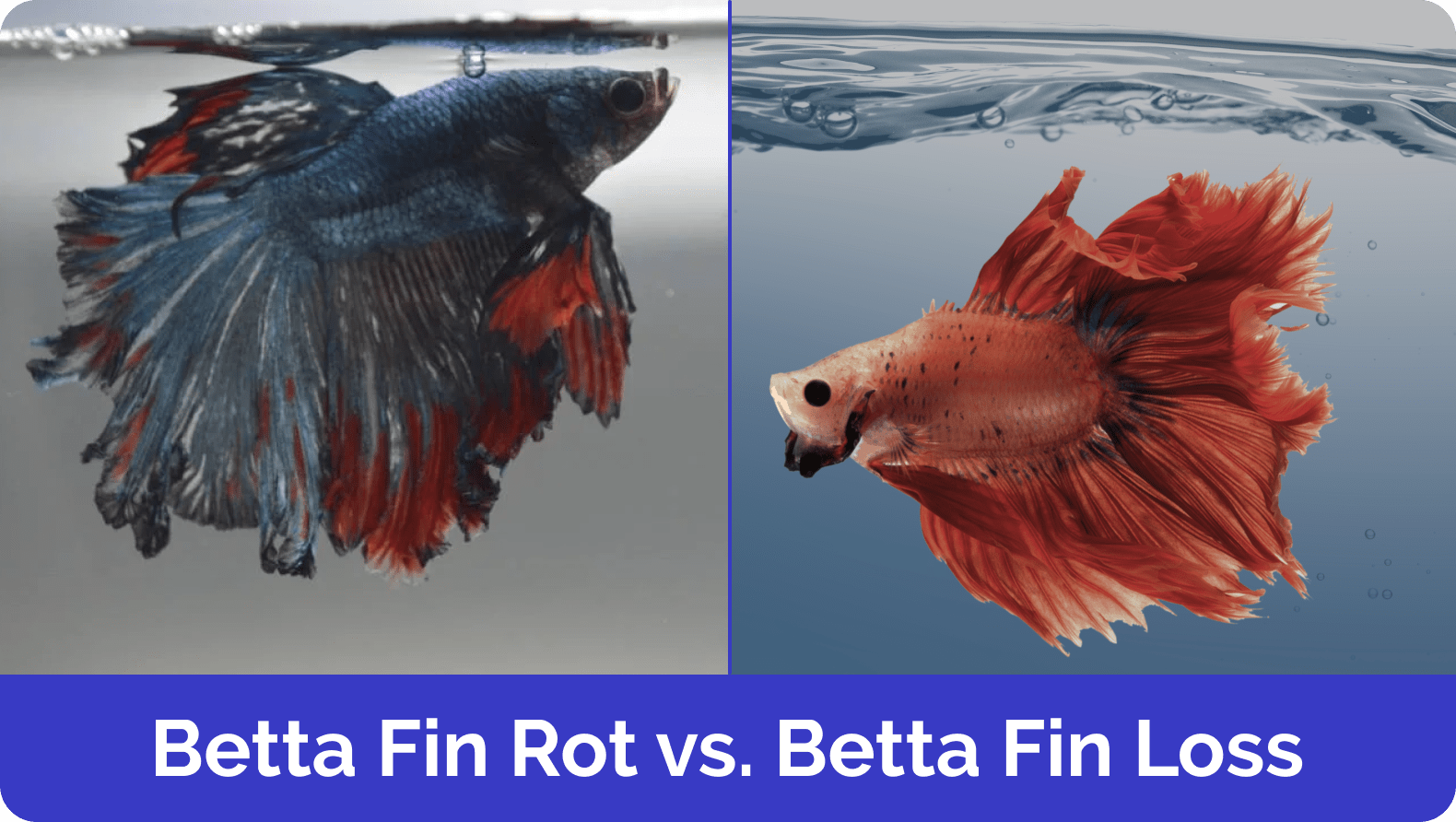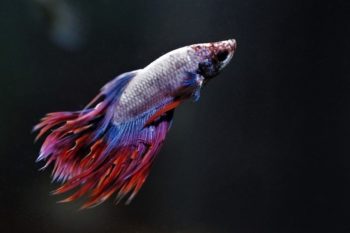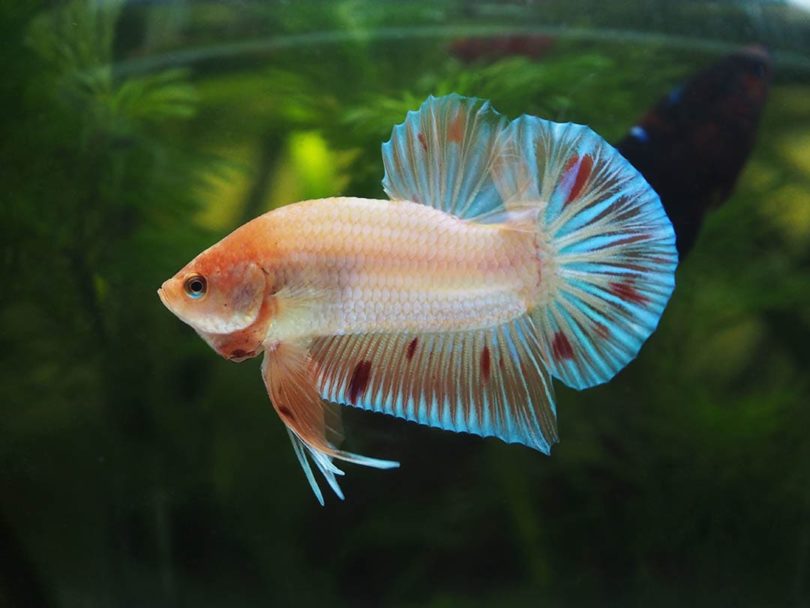How Smart Are Betta Fish? Intelligence & Temperament Facts

Updated on
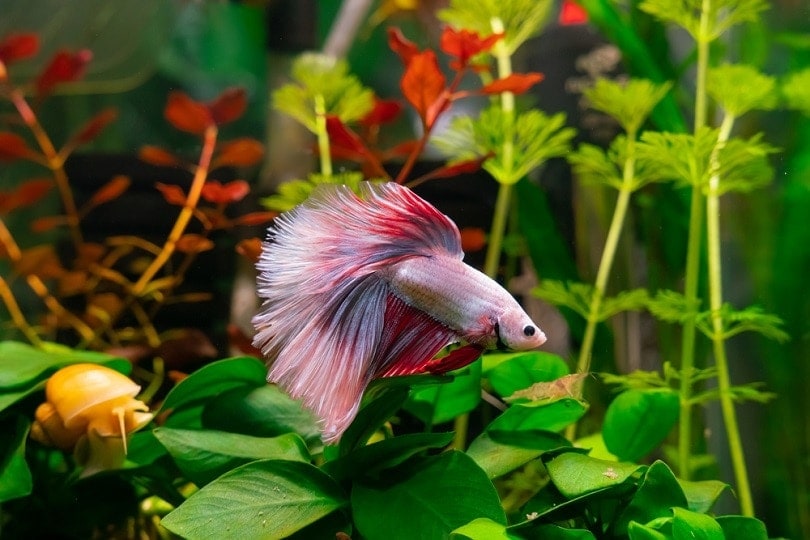
You may not think that the Betta Fish is the smartest animal on the planet. The first thing that you probably think of is its aggressive behavior. However, even the flaring ritual shows elements of intelligence in terms of how it picks its rival and follows through on the fight. That aspect of this fish’s behavior makes it an excellent candidate for scientific study.
Research has shown that the Betta Fish is indeed intelligent on many levels. They are capable of learning and remembering. It makes evolutionary sense that an organism has to possess some degree of intelligence to navigate its surroundings and avoid predation. The Betta Fish is no exception. It lives in a dynamic world in which it must constantly respond appropriately to environmental stimuli.
The Intelligence of Bettas
The predictability of the Betta Fish’s behavior sets up an excellent experimental baseline from which to learn more about this species. In the species’ native Thailand, enthusiasts selectively breed Betta Fish for ornamental purposes and fighting. That provides a few clues about the fish’s intelligence. A nutritious diet is key to producing attractive offspring.
Likewise, it takes more than size and brawn to produce a decent fighting fish. Intelligence undoubtedly plays a role in determining which opponents survive each battle. Based on these facts, we can conclude that a Betta Fish is smart. The next question is, what is the fish capable of knowing or learning?
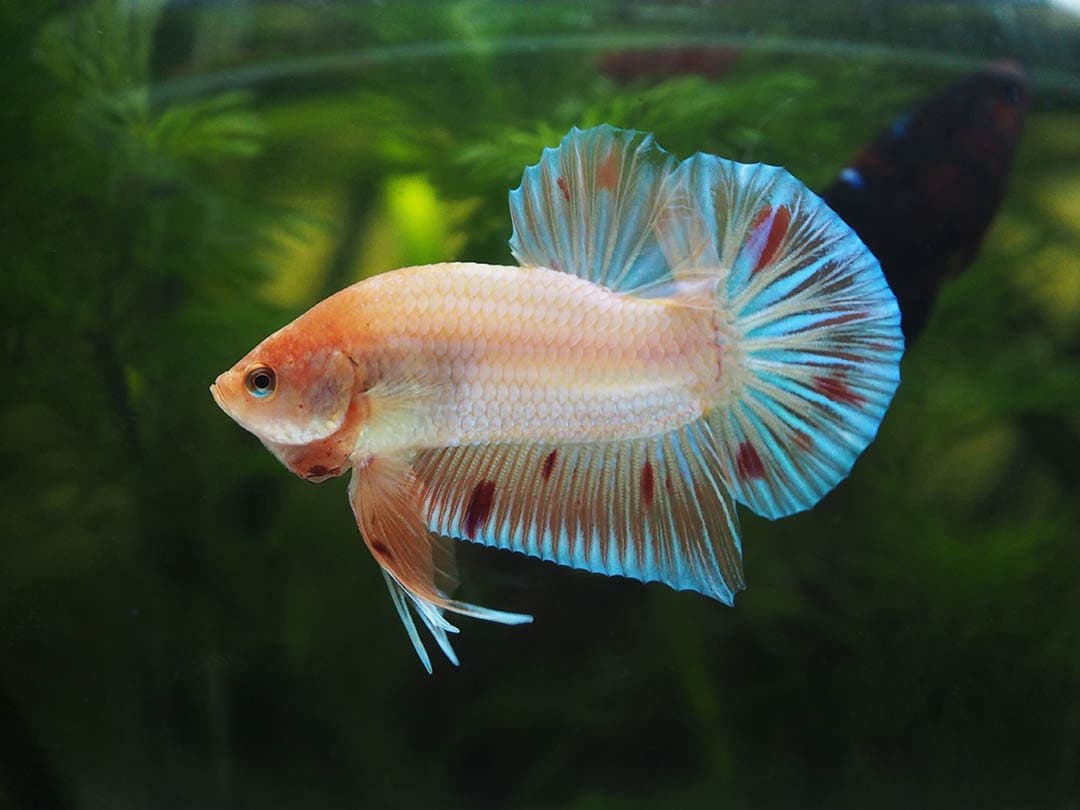
Social Interaction
Fighting may seem like automatic behavior that serves little purpose unless you’re sure of a positive outcome. As odd as it may sound, it’s social behavior, albeit of a negative sort. One sign of intelligence is interactions between species. A study published in PLOS Genetics looked at the mechanics of fighting between two male Betta Fish for signs of intelligence in this species.
The researchers found that the combatants synchronize their behavior the longer they fight. That suggests that they are responding to each other’s actions. They are then responding differently based on how each one behaves. Bear in mind that Bettas can go at it for over an hour. The evidence shows stimuli-reaction behavior, even during long bouts. This suggests a territorial strategy.
Memory and Learning
Another study looked at the Betta Fish’s ability to distinguish colors and their placement. The fish not only learned to identify a dummy stimulus fish, but it could also remember its placement in the tank. The findings are compelling in that these fish don’t use other directional cues. A similar experiment showed that the fish could make associations between different types of stimuli.
The success of the Bettas in both of these studies was due to their learning and memory.
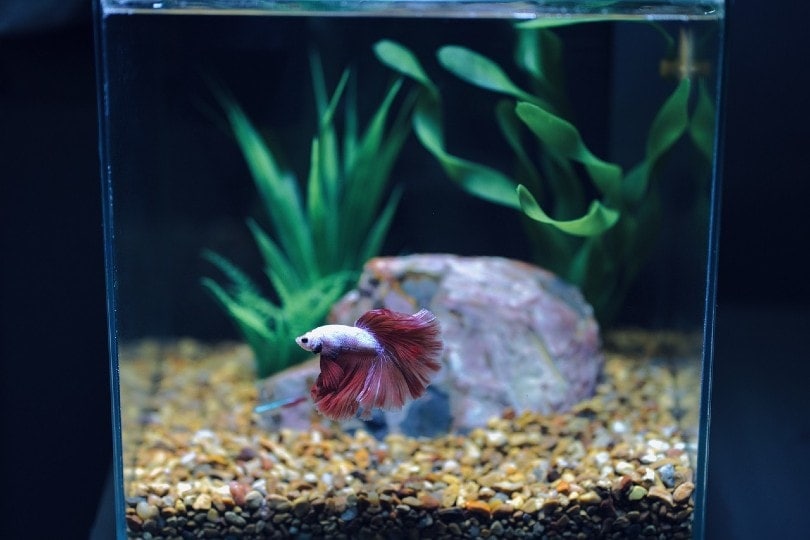
Behavior Manipulation
Another line of research has considered factors that could affect Betta fish behavior and its environmental implications. One experiment considered the effects of fluoxetine or Prozac. This drug works by enhancing the effects of a neurotransmitter called serotonin. It can affect everyday activities, such as sleep and memory.
The scientists found that fluoxetine’s presence in the water lowered aggressive behavior in Betta fish. Unfortunately, it also affected parental territorial defense. Conversely, another study found that crude oil exposure increased fighting. Nevertheless, these findings suggest that the fish’s behavior is also dynamic and can respond to stimuli in its environment.
Supporting the Betta’s Intelligence
The research shows that Betta Fish are intelligent if we equate it with the ability to learn and remember. It only makes sense that you’d want to support this behavior. The best way to do that is with a high-quality diet. Bettas are carnivores in the wild. They will eat various insects, invertebrates, and small crustaceans. Suitable dietary options include freeze-dried brine shrimp or bloodworms.
Bettas are labyrinth fish that can breathe oxygen at the water’s surface. That makes flakes and floating pellet foods excellent choices to support good nutrition.
The correct water conditions are essential for Betta fish. They prefer a neutral pH. Biweekly water changes are necessary to keep ammonia and nitrites at 0 ppm. Bettas can tolerate nitrate levels up to 40 ppm if you don’t have any live plants in your tank. You should check the water chemistry at least every 2 weeks, depending on the size and capacity of your aquarium.
Final Thoughts
Betta Fish are fascinating animals for more than just their fighting behavior. For a small fish, it has incredible boldness. However, Bettas are even more interesting when you consider their intelligence. They can respond to environmental stimuli and make choices. Their surroundings can also affect their behavior in unexpected ways. Undoubtedly, there’s more for us to learn about these beautiful animals.
- Related Read: 10 Betta Fish Vet Reviewed Facts You Should Know
Featured Image Credit: gogorilla, Shutterstock


